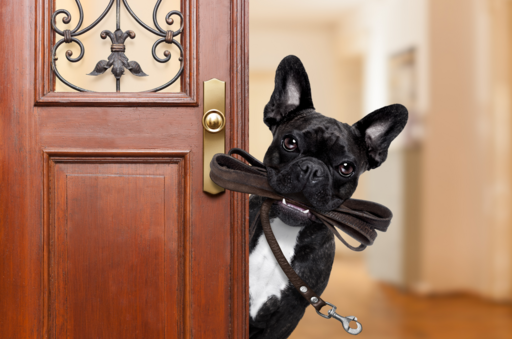Housebreaking
House breaking
Yes, we can do that for you!
If you’ve been struggling with teaching your pup the proper place to go potty, or maybe you’re just so busy that finding the necessary time is nearly impossible, this program is for you.
Our system has been modified and adjusted over years of practice to give you the most effective housebreaking training program.
As with all our training, it is covered with our retraining guarantee and lifetime support!
Contact Us
Housebreaking
Help with Housebreaking
House breaking is a BIG issue for many of todays pet parents.
Busy, active lifestyles can make it difficult to get the right situation to help your pup succeed.
In our Pro Puppy Fast Track Online program included with every training program, we have included e-books and videos addressing the most common reasons dogs struggle and how to address the problem.
If, however, you find it is still all too much and you really need some hands-on help, please contact us about availability for a Housebreaking Board and Train Stay for your pup.
As with all our programs, we stand behind our work and the retraining guarantee applies here as well.

Contact Us
Our training expertise has been proven over many years, we have worked with all breeds, sizes and ages of dogs. From chihuahuas, poodles and shih tzus to shepherds, mastiffs and danes.
Every dog is an individual and as such will learn at a different rate, using different methods and techniques. As with all our programs we will work with you until we reach your goals. For some dogs this may be as little as a week and for others it may take a month or more.
Remaining focused and patient will help you succeed.